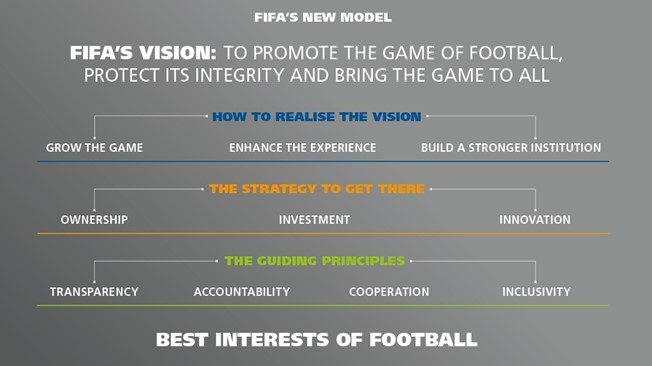In recent years, the use of sport, especially football, to contribute to development and peace, has grown rapidly. The 2030 Agenda for Sustainable Development identified the role of sport as ‘an important enabler of sustainable development’, recognising “the growing contribution of sport to the realization of development and peace in its promotion of tolerance and respect and the contributions it makes to the empowerment of women and of young people, individuals and communities as well as to health, education and social inclusion objectives” (United Nations, 2015).
Why football?
As the world’s most popular sport, football serves as a universal language which connects people across the globe. This makes it an ideal vehicle to promote development and peace, including in making contributions to the Sustainable Development Goals prioritised by the UN and governments.
In a systematic review of over 3,000 sport for development and peace entities, Svensson and Woods (2017) identified that 32 different sports were used but a staggering 30% of all reviewed entities using sport for development are relying on the power of football (the next closest is basketball which accounts for just over 3%). This excludes organisations using multiple sports, which may include football, again illustrating the unique global reach of football and its potential to promote change.
The role of the FIFA Foundation
The FIFA Foundation is playing a critical role in strengthening the Football for Good movement. FIFA 2.0, the new vision of FIFA, is to promote the game of football, protect its integrity and bring the game to all.
